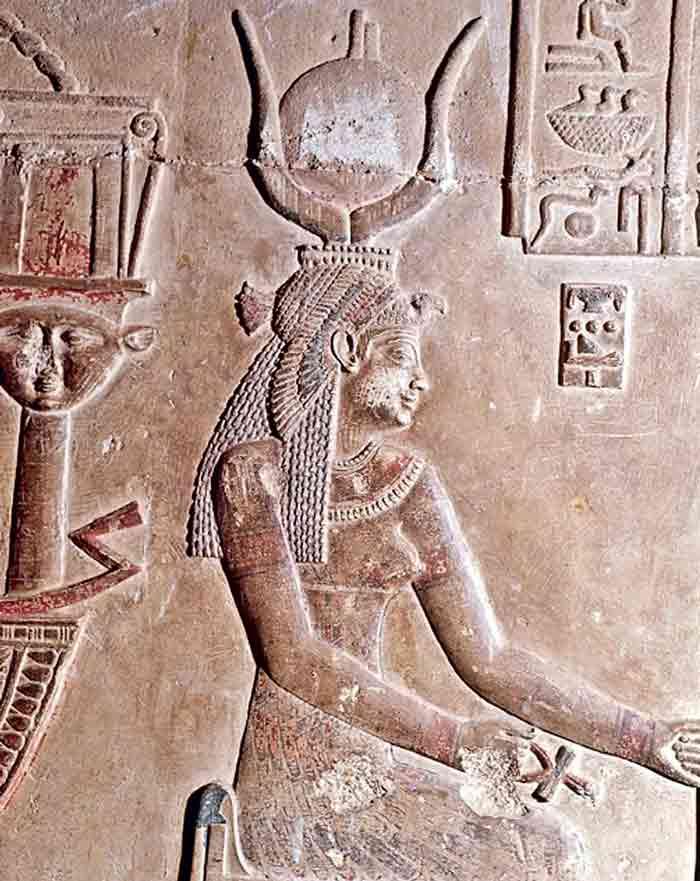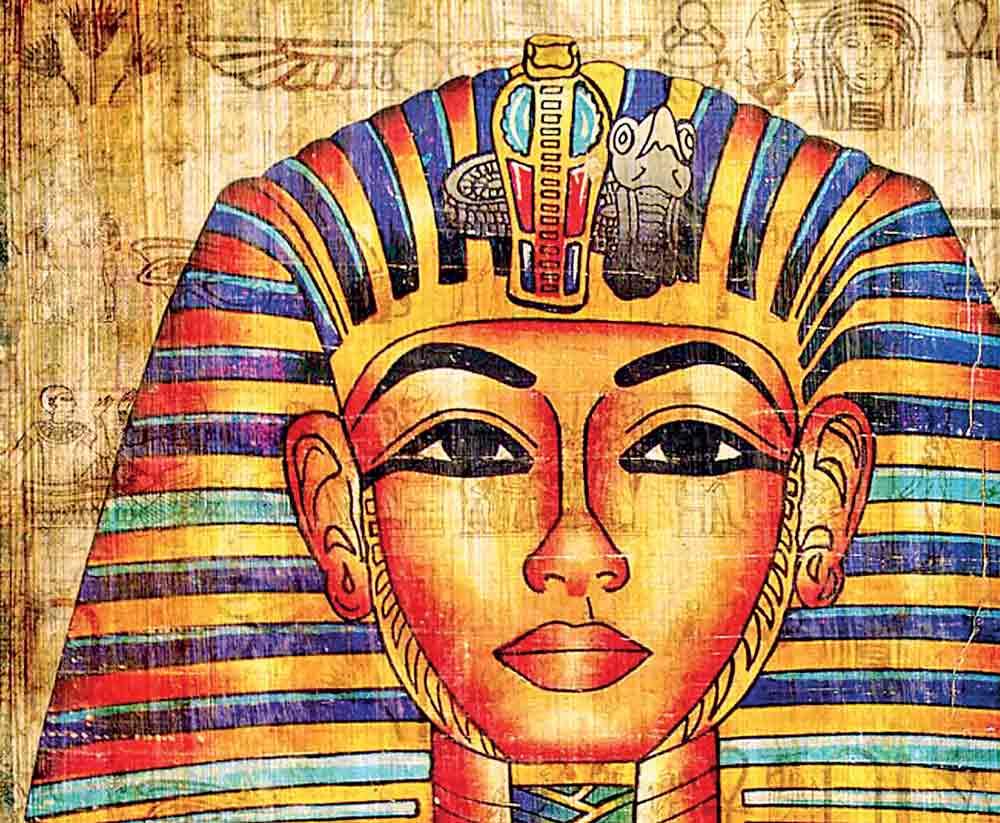
Few names in history evoke as much intrigue, power, and allure as Cleopatra. She is remembered not just as the last pharaoh of Ancient Egypt, but as a woman whose intelligence, charisma, and political acumen left an indelible mark on the ancient world. Cleopatra VII Philopator, to give her full title, was a figure of beauty, brains, and ambition; traits that allowed her to navigate the treacherous waters of royal power in one of the most fascinating eras of history.
Born in 69 BCE into the Ptolemaic dynasty, Cleopatra’s life was marked by grandeur, intrigue, and sometimes danger. The Ptolemies were descendants of one of Alexander the Great’s generals, Ptolemy I Soter, and ruled Egypt for nearly 300 years. This dynasty was Greek in origin, which meant that while Cleopatra was born in Egypt, her family spoke Greek, practiced Hellenistic traditions, and often struggled with the native Egyptian culture they ruled. Despite this, Cleopatra distinguished herself by embracing Egyptian customs, even learning the language a rare feat among her family. She famously presented herself not just as a queen, but as a living goddess, the embodiment of Isis, the Egyptian goddess of fertility and magic.
Cleopatra’s early life was not without turbulence. The Ptolemaic dynasty was infamous for its internal conflicts, with sibling rivalries often turning deadly. Cleopatra ascended to the throne at the tender age of 18, co-ruling initially with her younger brother Ptolemy XIII. Ancient accounts paint a picture of a sharp and ambitious young queen, determined to claim her rightful place amidst political chaos. Egypt at the time was no longer the dominant power it once was. Rome had emerged as a formidable force, and navigating this reality would define Cleopatra’s reign.
It was Cleopatra’s encounter with Julius Caesar that catapulted her from the royal palace to the pages of history. The story is legendary: after being exiled by her brother in a power struggle, Cleopatra had herself smuggled into the royal palace in Alexandria, famously rolled in a carpet (or possibly a sack, according to some historians) to meet Caesar. This dramatic entrance was not mere theatrics it reflected her intelligence and understanding of political theater. She quickly won Caesar’s favor, not just with her charm, but with her intellect. Fluent in multiple languages, well-versed in economics, and an adept strategist, Cleopatra proved herself as a worthy ally to the Roman leader.
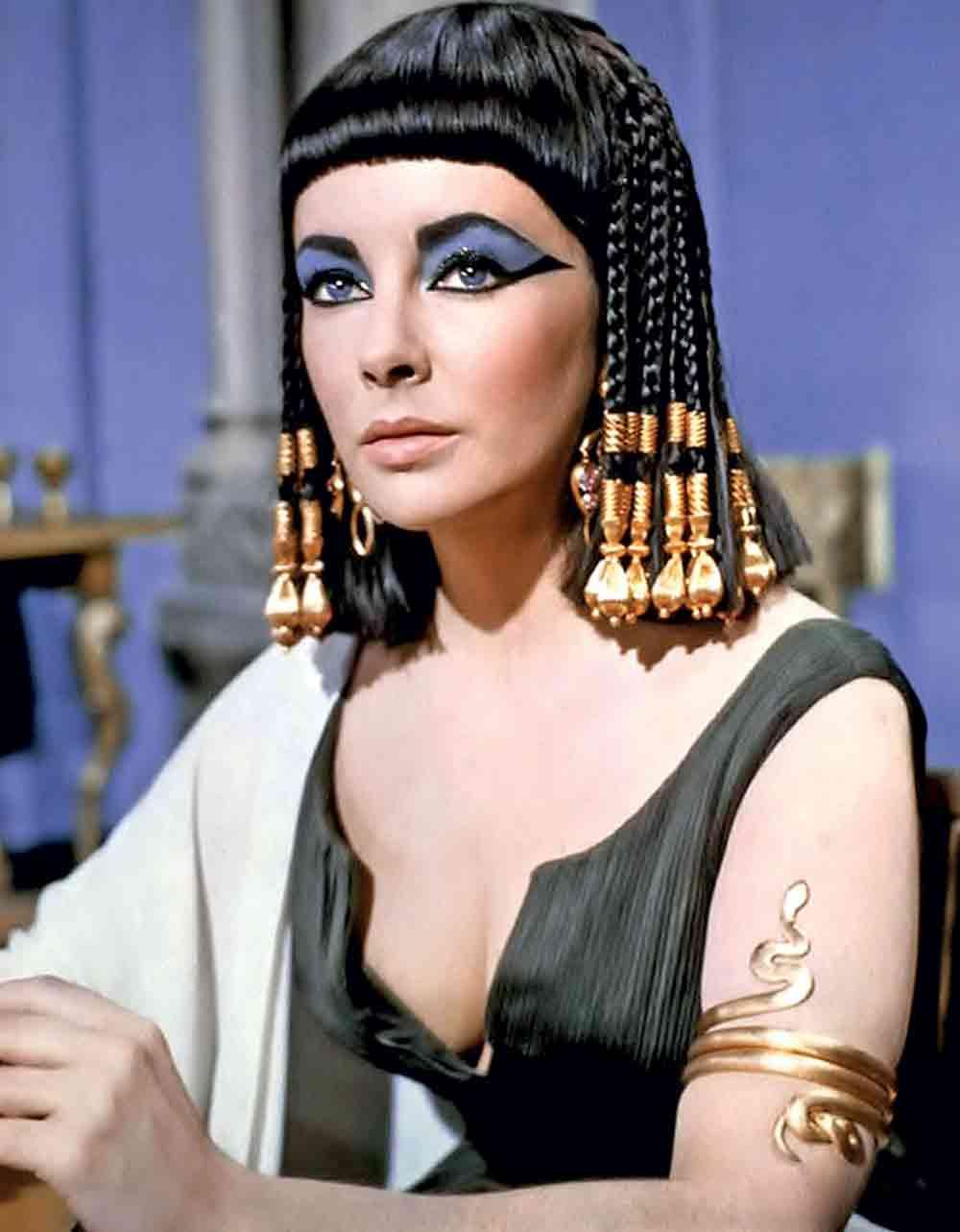
Their alliance went beyond politics. Cleopatra and Caesar became lovers, and she bore him a son, Ptolemy XV Philopator Philometor Caesar, popularly known as Caesarion. This relationship strengthened her hold on the Egyptian throne and solidified her status as a queen of unparalleled influence. Yet, even in her association with Caesar, Cleopatra was never a mere consort. She was a sovereign ruler, making decisions that would shape the future of Egypt, carefully navigating the delicate balance between Egyptian autonomy and Roman influence.
After Caesar’s assassination in 44 BCE, Cleopatra returned to Egypt, her position threatened by new political forces. It was during this period that her fateful encounter with Mark Antony occurred, another Roman power player, and one of history’s most famous love stories unfolded.
Their meeting was set against the backdrop of Rome’s political upheaval, and Cleopatra once again used a combination of charm, intelligence, and strategy to forge an alliance. Antony, captivated by Cleopatra’s charisma and political savvy, fell deeply in love with her. Together, they envisioned a world where Rome and Egypt could coexist under their mutual influence, a vision that ultimately put them at odds with Octavian, the future Emperor Augustus.
Cleopatra’s life, however, was not defined solely by her romantic alliances. She was a shrewd politician and capable ruler, deeply invested in the welfare of her kingdom. She implemented economic reforms, encouraged trade, and was known to take personal interest in the construction of temples and monuments. Cleopatra understood the power of image and propaganda; coins were minted with her likeness, showcasing not only her beauty but also her authority. She cultivated a public persona that reinforced her status as a goddess queen, ensuring that her influence extended beyond the palace walls.
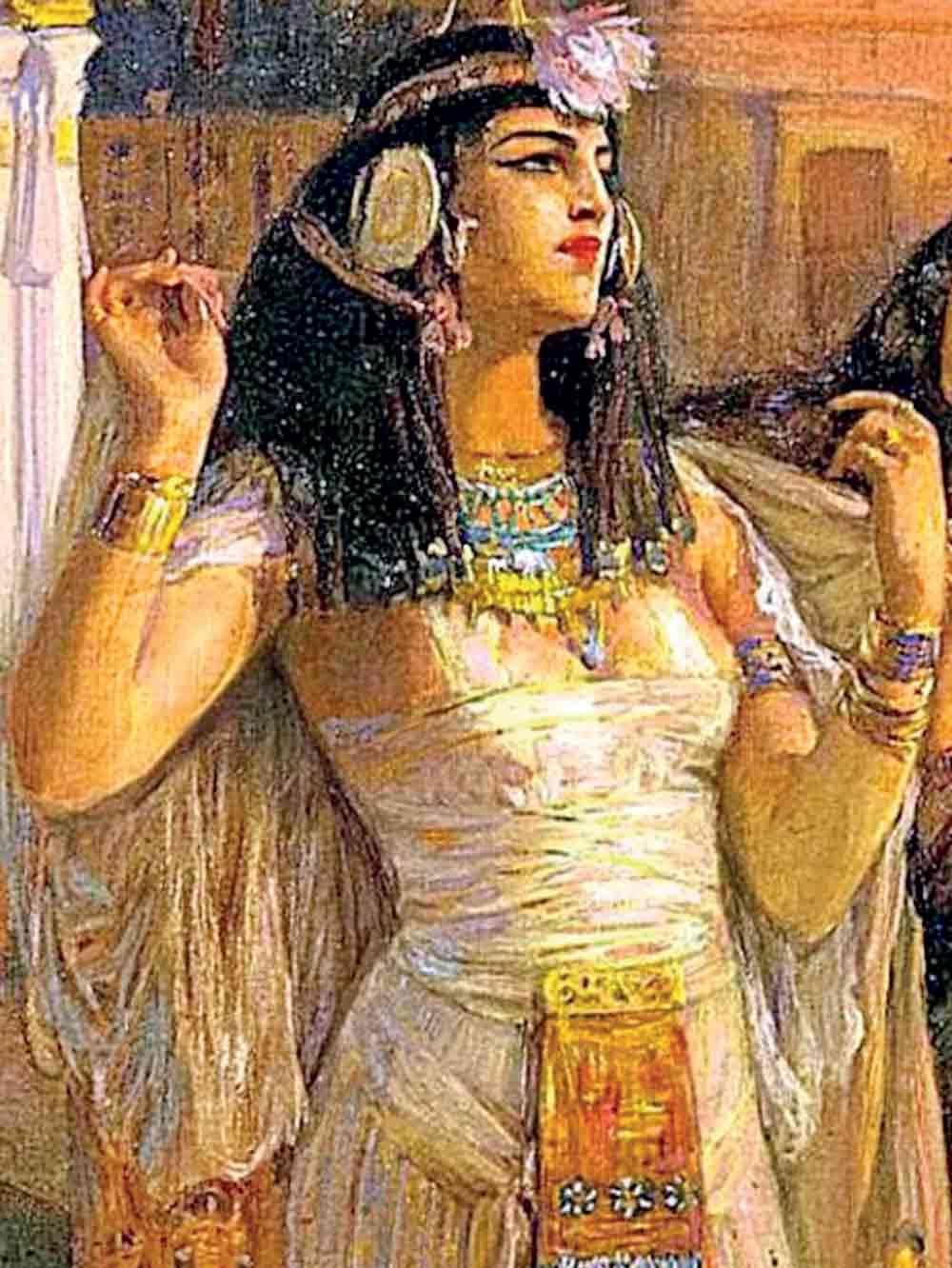
Her personality is described in surviving historical accounts as magnetic and multifaceted. Ancient historians, although often biased, repeatedly emphasize her intelligence, eloquence, and wit. Cleopatra was more than a beautiful face. She was a woman who read philosophy, spoke multiple languages, and could debate politics with the most learned scholars of her time. Her court was a center of culture, attracting poets, philosophers, and scientists from across the Mediterranean. She was a queen who combined the practicalities of governance with the grandeur of spectacle, leaving an impression that would resonate for centuries.
The final chapter of Cleopatra’s life is as dramatic as the rest. Following the defeat of Antony and Cleopatra by Octavian at the Battle of Actium in 31 BCE, the power dynamics shifted irreversibly. Antony, devastated by the loss and manipulated by misinformation about Cleopatra’s death, took his own life. Cleopatra, facing the humiliation of Roman conquest and determined not to be paraded in a Roman triumph, chose a fate that would become legendary. According to tradition, she committed suicide in 30 BCE, most famously through the bite of an asp, a venomous snake. Her death marked the end of the Ptolemaic dynasty and the conclusion of Egypt’s era as an independent kingdom, making way for Roman rule.
Cleopatra’s legacy, however, transcends her death. She remains an icon of power, intelligence, and feminine mystique. Artists, writers, and filmmakers have immortalized her image, from Shakespeare’s plays to modern cinema, each interpretation capturing aspects of her personality and reign. She symbolizes the complex intersection of politics and persona, where leadership is as much about perception as it is about strategy. Cleopatra’s story continues to inspire because she defied expectations, asserting her place in a world dominated by men, all while safeguarding her nation’s interests.
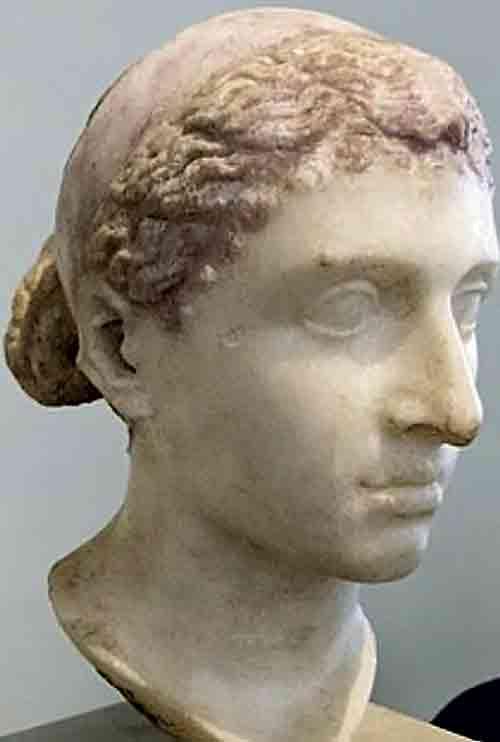
In reflecting upon Cleopatra’s life, one cannot help but be captivated by the combination of brilliance and drama that defined her existence. She was a queen who wielded power with grace, a diplomat who used intellect as effectively as charm, and a woman whose story resonates across millennia. Cleopatra teaches us that history remembers not just those who conquer lands, but those who shape ideas, influence cultures, and leave behind a legend that refuses to fade.
Even today, Cleopatra’s name evokes images of a timeless queen whose life was a blend of romance, political intrigue, and audacious ambition. She remains a figure of fascination, not merely because of her beauty, but because she exemplified what it means to lead, to inspire, and to endure in the memory of the world. In a realm often dominated by men, Cleopatra stood as a sovereign force a woman whose brilliance shone brightly in the annals of history and whose story continues to enthrall those who seek to understand the complex tapestry of human ambition, love, and power.
Cleopatra’s tale is a reminder that history is alive with stories that transcend time. Her life invites us to explore not only the political and cultural intricacies of ancient Egypt but also the enduring power of intellect, strategy, and charisma. As the last queen of an ancient civilization, Cleopatra remains a symbol of the extraordinary potential within humanity, the capacity to wield power, leave an indelible mark, and captivate the imagination of generations yet to come.
